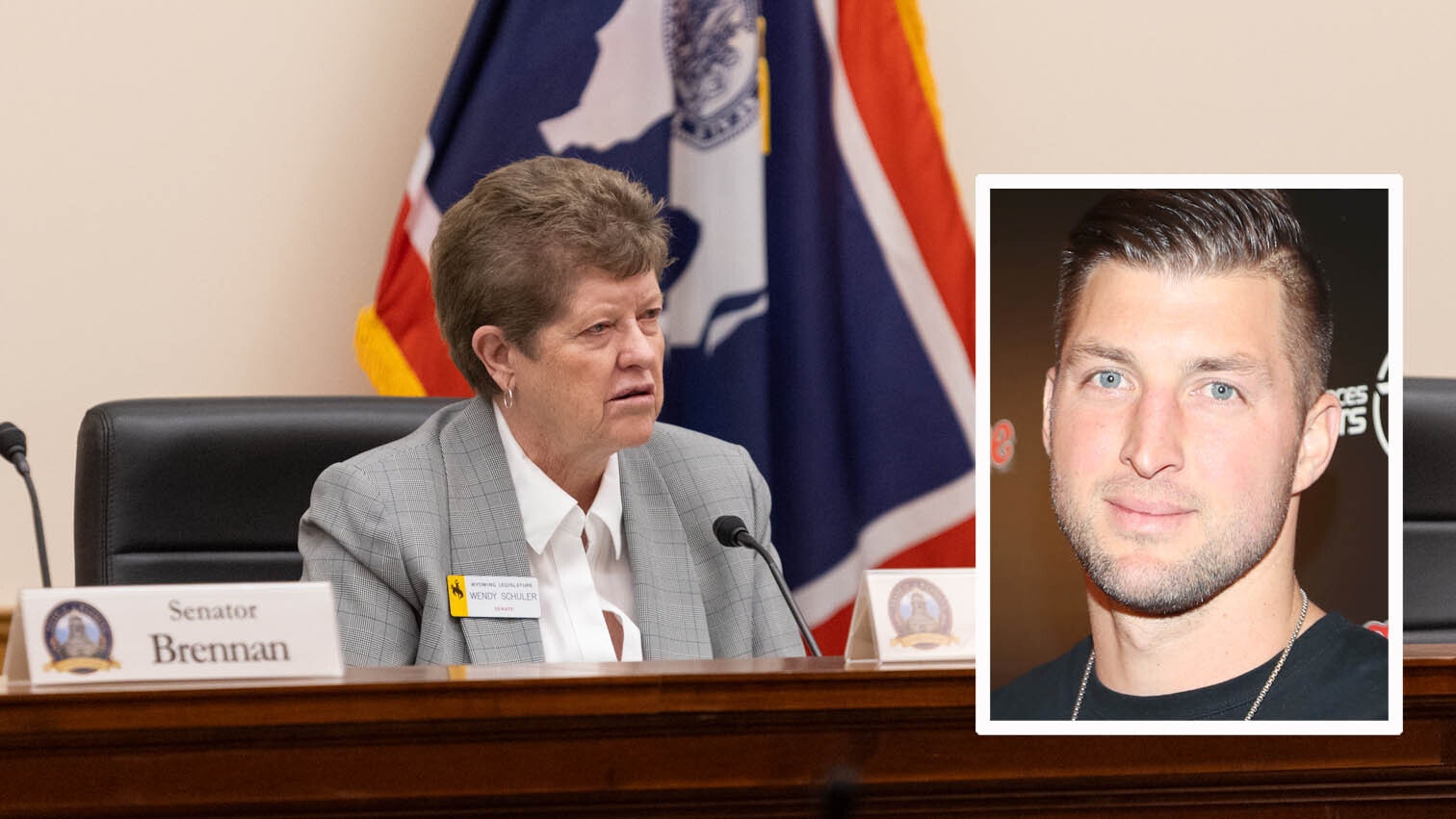It’s going to likely be an eventful Valentine’s Day for anyone who’s been following Wyoming’s computer science standards saga.
That is the deadline for Gov. Mark Gordon to make his decision on whether to approve the standards submitted by the state Board of Education.
Currently, the standards are in the middle of a 75-day review period where Gordon, the Legislative Service Office, the Legislature’s Joint Management Council and the Attorney General’s office will look over the standards, possibly make small amendments or recommendations before they are finally signed into effect.
If the various offices determine there are too many issues with the standards, the promulgation process must begin again. Either way, Feb. 14 is the final day in the review period.
Laurie Hernandez, Standards and Assessment director for the state Department of Education, noted that Attorney General Bridget Hill recently completed her assessment of the standards, allowing them to move forward in the final step of the promulgation process.
“There were a couple of minor things noted that I needed to adjust, but that was all from the AG review,” Hernandez said.
Small adjustments to the language are common, but if a major issue is found in the standards, it could mean sending them back to the early steps of the promulgation process, meaning it would have to go through weeks of more reviews and public comment.
“Restarting the process would come with some type of change that wouldn’t be considered natural outgrowth,” Hernandez said. “When the LSO and AG offices review the standards, they’re looking at whether or not the letter of the law is being met or if there is anything egregious being covered.”
The last major changes to the standards were made in November, when the State Board of Education reviewed an opinion from Hill about them. She noted to the board that some of the terminology in the standards was confusing and certain words weren’t used consistently.
The board made two amendments, clarifying that “enhanced” benchmarks for computer science education would be available to, but not mandatory for, all students. The other amendment removed performance level descriptors (PLD) from the standards for kindergarten through fifth grade. The PLDs will still be available to teachers in a guidance document, though.
The standards under review are based on those created by the Computer Science Teachers Association. The standards set by the organization are intended to develop a clear understanding of the principles and practices of computer science.
Gordon’s communications director Michael Pearlman said he expects the governor to review the standards later in the 75-day period, as Gordon is deliberative and wants to ensure he’s considering everything.
“Obviously, we don’t want to take too long, because we’re all cognizant of how long this process has been,” Pearlman said.
Lachelle Brant, an education policy advisor to Gordon, said she couldn’t speak about what was in the final version of the standards since the LSO is still reviewing them. But she said she hoped to get the standards approved by the governor quickly to give districts enough time for implementation.
By law, the standards have to be in place by the beginning of the 2022-23 school year. Some districts like Laramie County School District No. 1, Platte County School District No. 2 and Sheridan County School District No. 1 are already working to implement standards, but other schools will need more time to learn them and incorporate them into the curriculum.
“Some of these districts knew the Legislature passed a law and that these standards would be an expectation down the road, so they’ve worked to be ahead of the game,” Brant said. “I think some larger districts are concerned because these standards were passed and there was no additional funding for training. The Department of Education is working to fill that financial gap by applying for grants, so that’s helping.”
Hernandez noted that the standards team has created a three-year implementation process plan calling for the Department of Education to provide professional development for educators across the state on the standards.
The review committee that helped write the standards earlier in the year found ways that educators could cross-reference other curriculum with computer science in an effort to make the integration process easier.
“These courses ranged from language arts and social studies to electives like (physical education) and fine performing arts,” Hernandez said. “The committee knew that with a brand new set of standards, there would be some angst by adding computer science to these educators’ plates. The intent was to provide resources to help implement these as easily as possible.”





